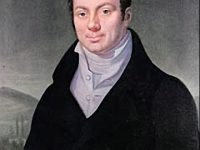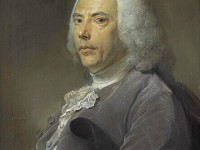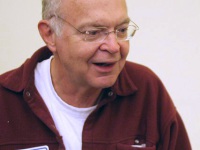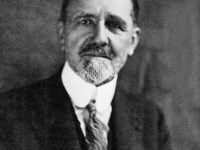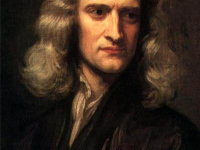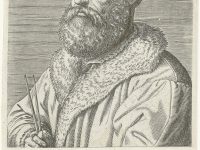Pierre Simon de Laplace and his true love for Astronomy and Mathematics
On March 23, 1749, French mathematician and astronomer Pierre Simon marquis de Laplace was born, whose work was pivotal to the development of mathematical astronomy and statistics. One of his major achievements was the conclusion of the five-volume Mécanique Céleste (Celestial Mechanics) which translated the geometric study of classical mechanics to one based on calculus, opening up a broader range of problems. “One sees, from this Essay, that the theory of probabilities…
Read more




